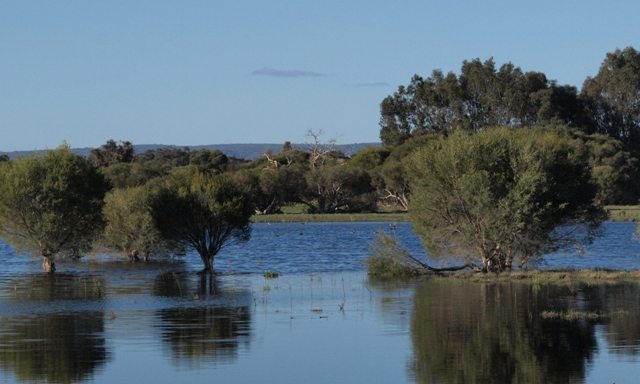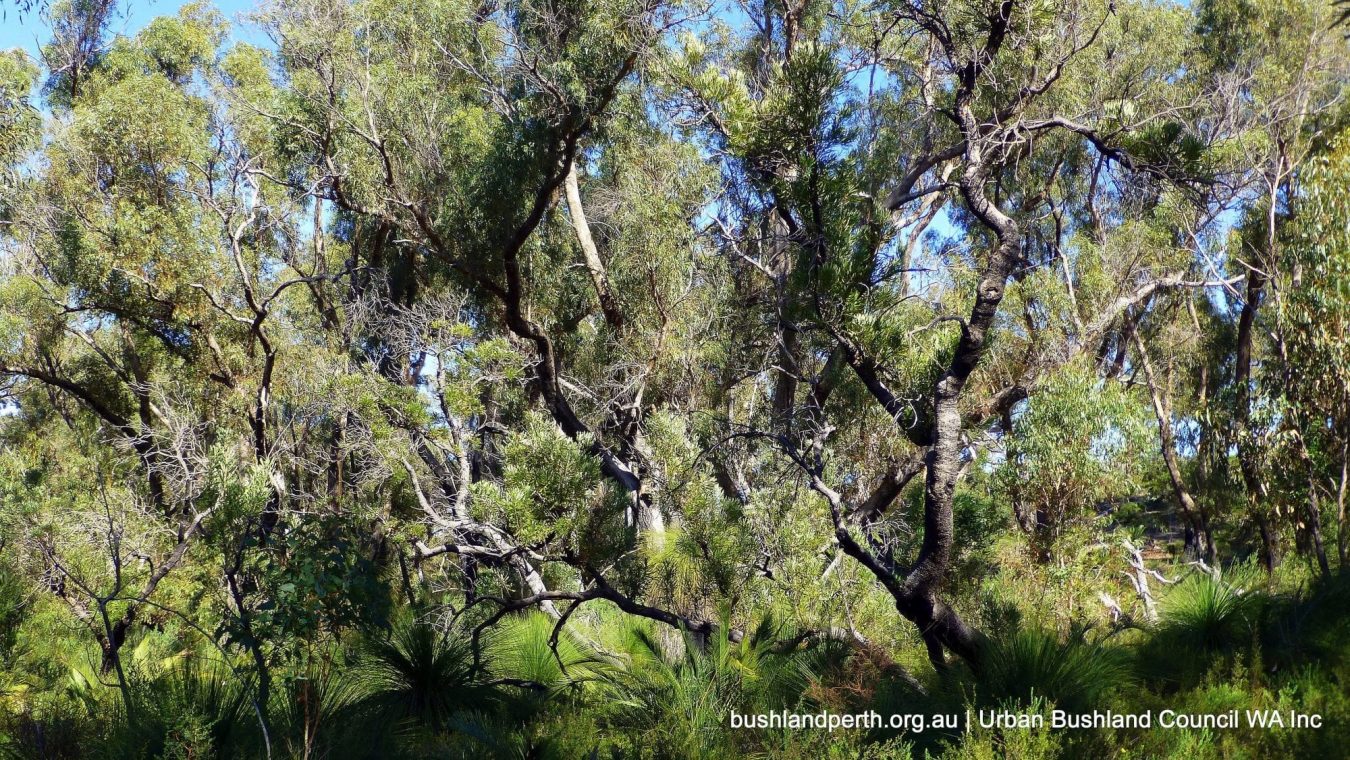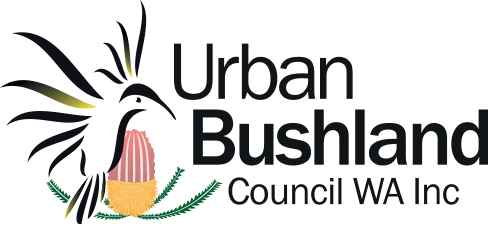Comment on the Gnangara groundwater allocation plan
Submissions for the draft Gnangara groundwater allocation plan closed at 5 pm 28 February 2022.

The Department of Water and Environmental Regulation (DWER) recommends a reduction in abstraction of water from the Gnangara Mound of 54 Gigalitres per year. This is approximately 19% change in total annual abstraction during the next decade. The decline in average rainfall through climate change coupled with groundwater abstraction have lowered groundwater levels across the system. And this is having damaging impacts on groundwater dependent wetlands and bushland.
There is a lot of sobering reading within the plan. The documentation is extensive, comprehensive, and underpinned by science. They set out a preferred scenario to improve the health of ecosystems. This will be through a significant reduction in abstraction of groundwater from the Gnangara Mound.
Key statements in the plan
“The Department of Water and Environmental Regulation is seeking submissions on the Gnangara groundwater allocation plan: draft for public comment. The draft plan addresses the impact that climate change is having on Perth’s northern groundwater resources and their dependent ecosystems, including caves, wetlands and bushland.
The draft plan proposes that most groundwater users reduce their use.
Taking less groundwater will help ensure that Gnangara groundwater resources are managed sustainably to ensure the groundwater system remains a natural, low-cost water source for Perth for the long term.
Important wetlands and native bushland will be protected and more resilient to climate change by taking the recommended actions in the draft plan.”
”Climate change has caused average annual rainfall to decline 15 per cent since 1975 (Perth Airport rainfall station). This decline, combined with groundwater abstraction, has lowered groundwater levels across the Gnangara groundwater system. As a result, the health of groundwater-dependant wetlands and vegetation is suffering, groundwater quality is reducing in some areas, and the long-term sustainability of the resource is under threat.”
UBC Position
UBC strongly supports the need for a significant reduction in abstraction of groundwater from the Gnangara Mound. However, we are very concerned that the recommended reduction in abstraction of 54 GL will NOT be sufficient to restore environmental values of some of our representative wetlands and bushlands.

In this plan DWER acknowledge that even at a reduction of 54 Gigalitres, it will not restore all the 30 representative wetlands and bushlands in the Gnangara plan area (subject to Ministerial Statement no. 819) back to minimum water levels. Page 23 of the Plan indicates that 16 of the 30 sites will continue to be compliant with environmental criteria. But a further 14 sites will not be compliant. It is of small comfort to know that doing nothing will mean than only 6 of 30 sites would meet minimum water level standards.
UBC does not support the position that the EPA be asked to lower the critical groundwater level conditions as laid out in Ministerial Statement no. 819.
The plan also models the impact on groundwater recharge of clearing the Gnangara pine plantations. It is sobering to understand that the removal of such a vital food resource for black cockatoos improves the recharge rate into the Gnangara Mound. UBC finds this Sophie’s Choice between protecting wetlands and bushland at the expense of protecting an iconic species unacceptable.
Therefore, we recommend that DWER provide a scenario in which all 30 representative sites are returned to minimum water levels, and with no further clearing of the Gnangara pines.
Further reading
Staff from DWER presented an overview of the plan to UBC last week and you can download that here. This is a great starting point to understand what might be achieved through a reduced abstraction of 54 Gigalitres. The current abstraction is 275 Gigalitres per year.
The draft plan contains some excellent maps and tables. As well, you can also access the draft methods report and the Review of 2030 Proposed Revised Water Thresholds – Gnangara groundwater system for additional information.
Submission have now closed
UBC prepared a ‘points to make’ template to help with submissions. You can download it here.
